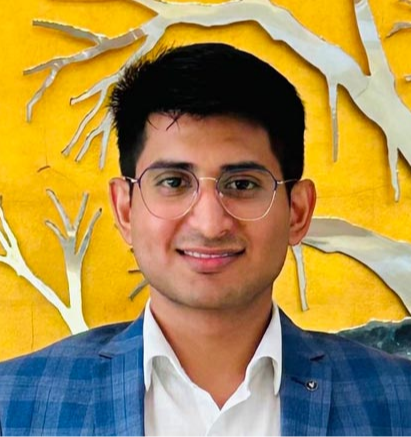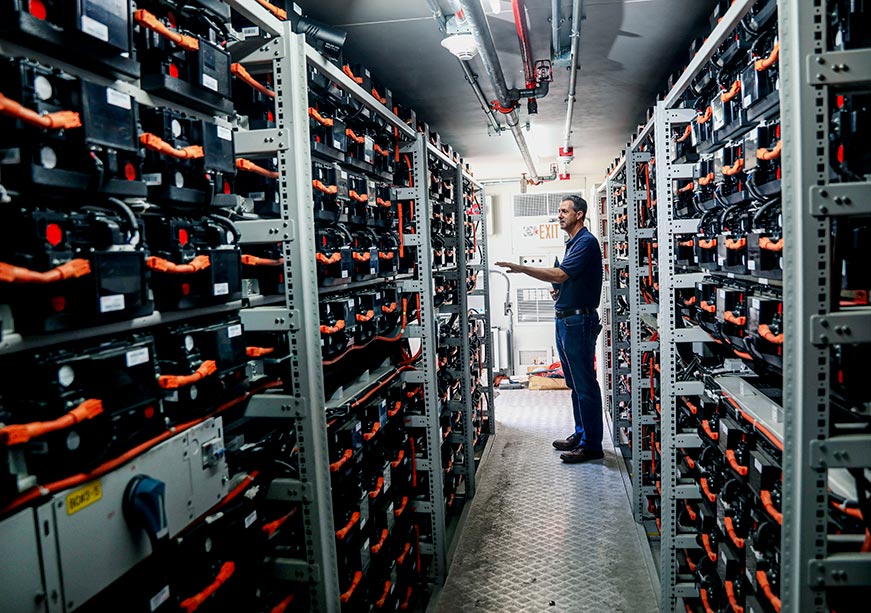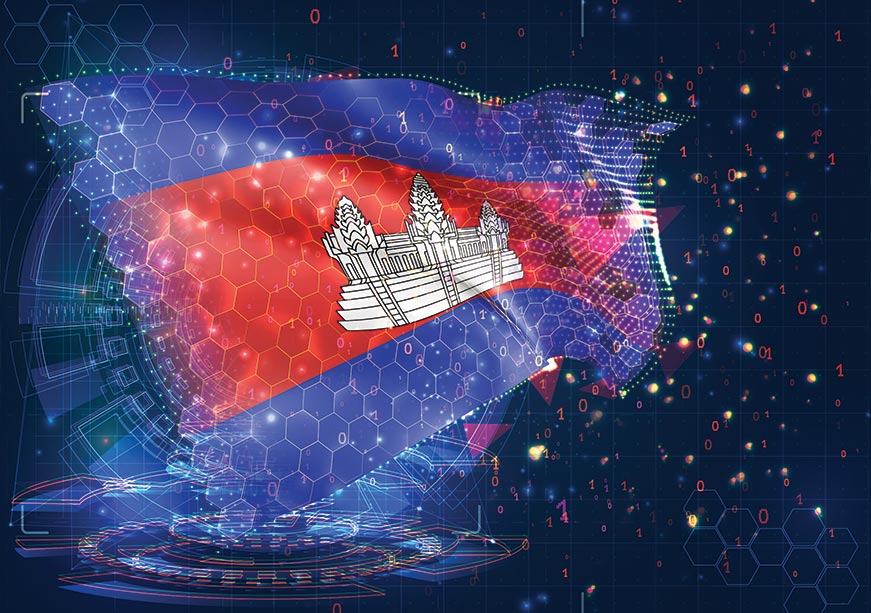South Korea is increasingly polarized, not just because of the protracted strife between its parties but the pull factor of elements that lie outside of the traditional political arena.
The emergence of conservative online media, a vociferous cohort of young men and a movement inspired by “Make America Great Again” (MAGA) in the United States risk further destabilizing the country’s hard-earned democratic equilibrium.
Since impeached President Yoon Suk Yeol’s failed martial law declaration, young men in their 20s and 30s have emerged as the largest demographic backing him, with many taking to the streets in his support — a shift from the older voters who have traditionally made up the ruling People Power Party’s base. In contrast, anti-Yoon and pro-impeachment protests have been led by young women. While this gendered divide already existed in the country, the current fraught environment has sharpened its edges, with the protests becoming a new site of this phenomenon.
Conservative new media, particularly YouTubers and small web outlets, have tapped into the dissatisfaction of young people — especially men — who daily consume their content.
Concurrently, conservative new media, particularly YouTubers and small web outlets, have tapped into the dissatisfaction of young people — especially men — who daily consume their content. This has contributed to the spread of fake news and conspiracy theories, which, in some cases, have been amplified by conservative politicians, including Yoon himself.
A newer phenomenon is also gaining steam: A MAGA-inspired movement that models itself around United States President Donald Trump’s (in)famous antics, such as the “Stop the Steal” campaign and support for “alternative facts.” Election manipulation accusations that were only simmering beforehand have now taken root in South Korea, with the pro-Yoon protests providing a central platform.
As the MAGA-esque movement has gained traction, conspiracy theories intensified by alternative facts popularized by right-wing media have run amok, propagated by the protests and finding an audience in younger men. This has resulted in an explosive narrative that risks harming South Korea’s democratic institutions.
This confluence of factors has even alarmed some within the People Power Party. “If we sympathize with extremists like the conspiracy theorists and extreme YouTubers, or if we are consumed by their commercially produced fears, there is no future for conservatism,” said Han Dong-hoon, the PPP’s former leader who resigned in the wake of Yoon’s impeachment, blaming such elements for splitting the party’s conservative base.
For example, as pro-Yoon protests increased, people started alleging, based on unsubstantiated facts, that a North Korea-orchestrated security breach of the National Election Commission (NEC) had led to fraud in the April parliamentary vote that saw the opposition liberal bloc led by the Democratic Party triumph over the PPP. However, as the North Korea narrative waned in favor of conspiracy theories claiming Chinese interference instead, Yoon’s legal team added fuel to the fire by raising concerns about Beijing's possible involvement.
Pro-Yoon media like Sky Daily, a small online outlet, have even alleged that Chinese spies were guilty of compromising the NEC’s facility, leading many to protest in front of Beijing’s embassy in Seoul.
The one benefiting from these narratives is Yoon himself, who has refused to apologize for his actions and defended the martial law declaration and, ultimately, has gained in popularity among his party base, as shown by polls and the growth of demonstrations in his favor.
Other conservative faces are also gaining from the frenzy. Minister of Employment and Labor Kim Moon-soo’s popularity has ballooned because of his unconditional, blind support for Yoon. Though Kim’s popularity does not reflect his position in the party, it highlights the direction in which it and the country are moving.
The coalition of young men and online conservative media has expanded, with religious sects including prominent members of Sarang Jeil Presbyterian Church, Kumnan Methodist Church and the evangelical Save Korea group joining the camp.
This acute polarization is having serious consequences, such as protesters breaking into the premises of the district court that approved Yoon's arrest warrant and judges becoming the target of threats, including death threats, from the president’s supporters.
The coalition of young men and online conservative media has expanded, with religious sects including prominent members of Sarang Jeil Presbyterian Church, Kumnan Methodist Church and the evangelical Save Korea group joining the camp. This support has emboldened Yoon and his former defense minister, Kim Yong-hyun — who has also shown no remorse in Constitutional Court hearings — signaling that the battle over political narratives will continue.
South Korea’s political future looks uncertain. A recent Gallup Korea poll captured the divide, showing the PPP with a 3% edge over the Democratic Party. While one poll found a staggering 47% of respondents backing Yoon, support for impeachment remains high — though not as high as when another conservative president, Park Geun-hye, was impeached in 2016, signaling that right-wing voters are consolidating around the PPP and Yoon.
As the investigation into Yoon's actions gains pace and more information emerges, protests in his favor are expected to increase and politicians and conservative media will continue to tap into the base’s grievances. While this does not guarantee that the Yoon presidency will be preserved, it helps the ruling party continue gaining lost ground.
The political match will be played in the Constitutional Court and the increasingly divided court of public opinion. One thing is certain: The contest between the left and right in South Korea is no longer limited to conventional politics but is part of the public sphere, with proactive involvement from the media and the masses.
This commentary originally appeared in The Japan Times.
The views expressed above belong to the author(s). ORF research and analyses now available on Telegram! Click here to access our curated content — blogs, longforms and interviews.




 PREV
PREV


